How photocopiers are reducing drug use in prisons
Inmates have been getting high by smoking letters soaked in psychoactive substances
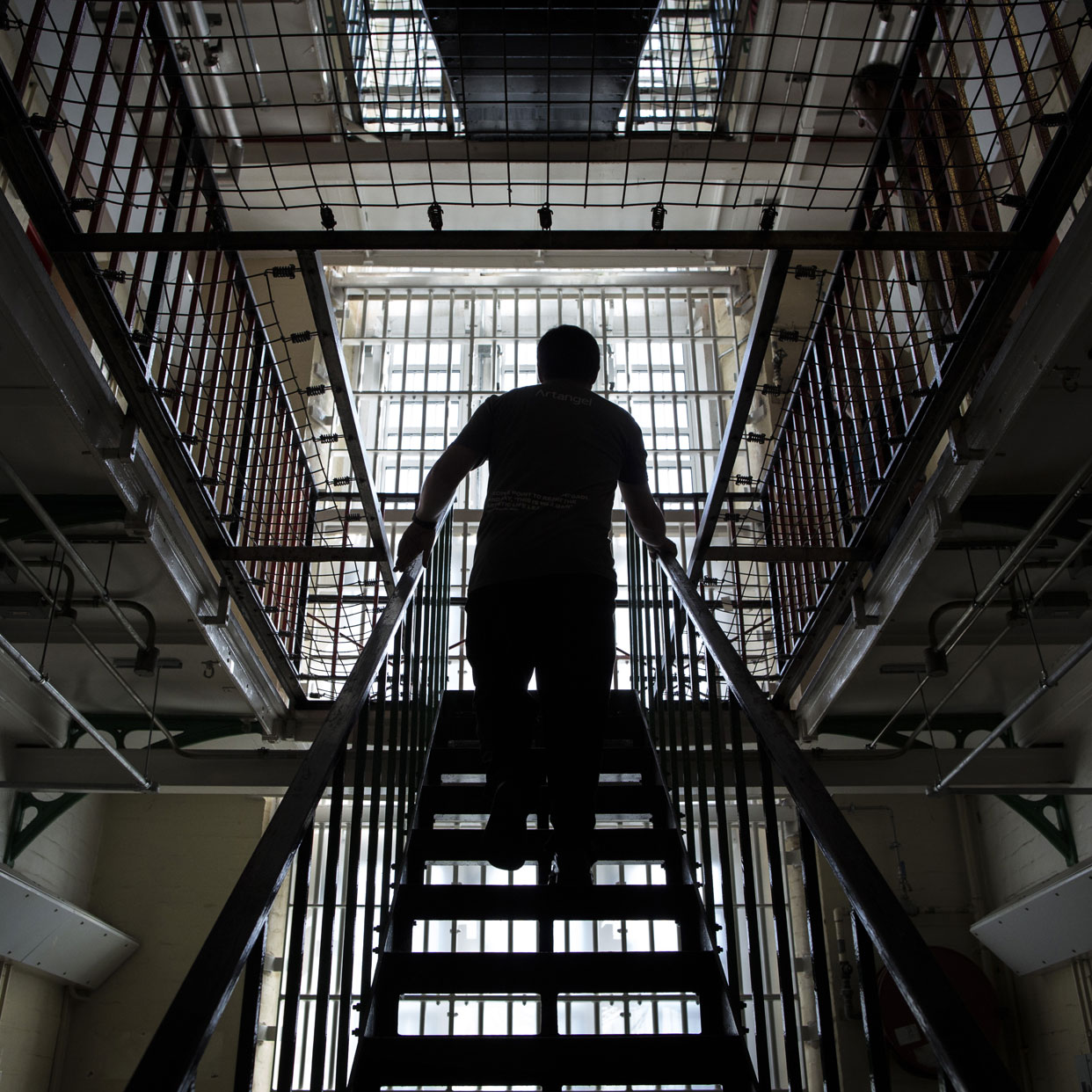
A free daily email with the biggest news stories of the day – and the best features from TheWeek.com
You are now subscribed
Your newsletter sign-up was successful
Prison officers have cut psychoactive drug use among inmates by using a photocopier to tackle the problem, according to prison inspectors.
Inmates at Humber jail, in East Yorkshire, are being given copies of all letters and photos sent to them, after it emerged that some mail had been soaked in new psychoactive substances (NPS), formerly known as “legal highs”. Prisoners were getting high by smoking the paper.
In an inspection report published today, HM Inspectorate of Prisons said: “There had been a reduction in NPS-related incidents after this measure was introduced and it had been a justifiable short-term response to a very serious NPS problem.”
The Week
Escape your echo chamber. Get the facts behind the news, plus analysis from multiple perspectives.

Sign up for The Week's Free Newsletters
From our morning news briefing to a weekly Good News Newsletter, get the best of The Week delivered directly to your inbox.
From our morning news briefing to a weekly Good News Newsletter, get the best of The Week delivered directly to your inbox.
However, inspectors warned that the practice should be reviewed to ensure that it remains proportionate and effective, noting that the “intrusive measure had caused much anger among prisoners”.
Photocopying letters initially caused a “backlog” of post and was “not part of an effective wider drug supply reduction strategy”, the report said.
About four in every ten prisoners still tested positive for illegal drugs, and nearly two-thirds of inmates said it was still easy to get them. “Despite efforts to tackle the supply of drugs, they were still too easily available,” found the report, although it noted that NPS-related incidents had “reduced from a very high number earlier in 2017”.
In September, The Daily Telegraph reported that fake legal letters were being sprayed with Spice, a former legal high, and sent to other prisons. The drug was blamed for an increase in violence and assaults on inmates and staff.
A free daily email with the biggest news stories of the day – and the best features from TheWeek.com
The Psychoactive Substances Act, introduced in May 2016, made it illegal to manufacture, import, supply or distribute - but not possess - psychoactive substances.
-
 How the FCC’s ‘equal time’ rule works
How the FCC’s ‘equal time’ rule worksIn the Spotlight The law is at the heart of the Colbert-CBS conflict
-
 What is the endgame in the DHS shutdown?
What is the endgame in the DHS shutdown?Today’s Big Question Democrats want to rein in ICE’s immigration crackdown
-
 ‘Poor time management isn’t just an inconvenience’
‘Poor time management isn’t just an inconvenience’Instant Opinion Opinion, comment and editorials of the day
-
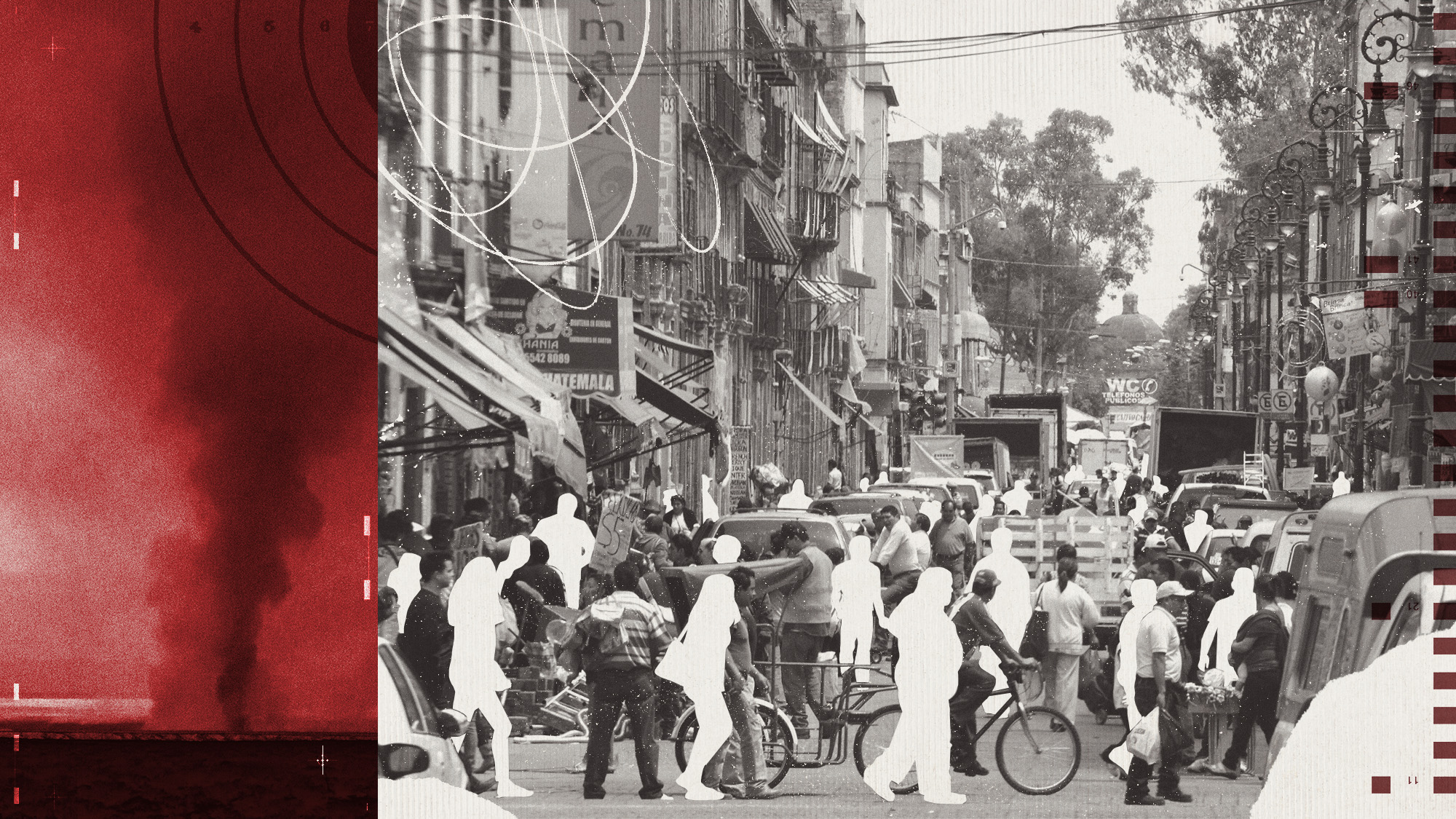 Mexico’s forced disappearances
Mexico’s forced disappearancesUnder the Radar 130,000 people missing as 20-year war on drugs leaves ‘the country’s landscape ever more blood-soaked’
-
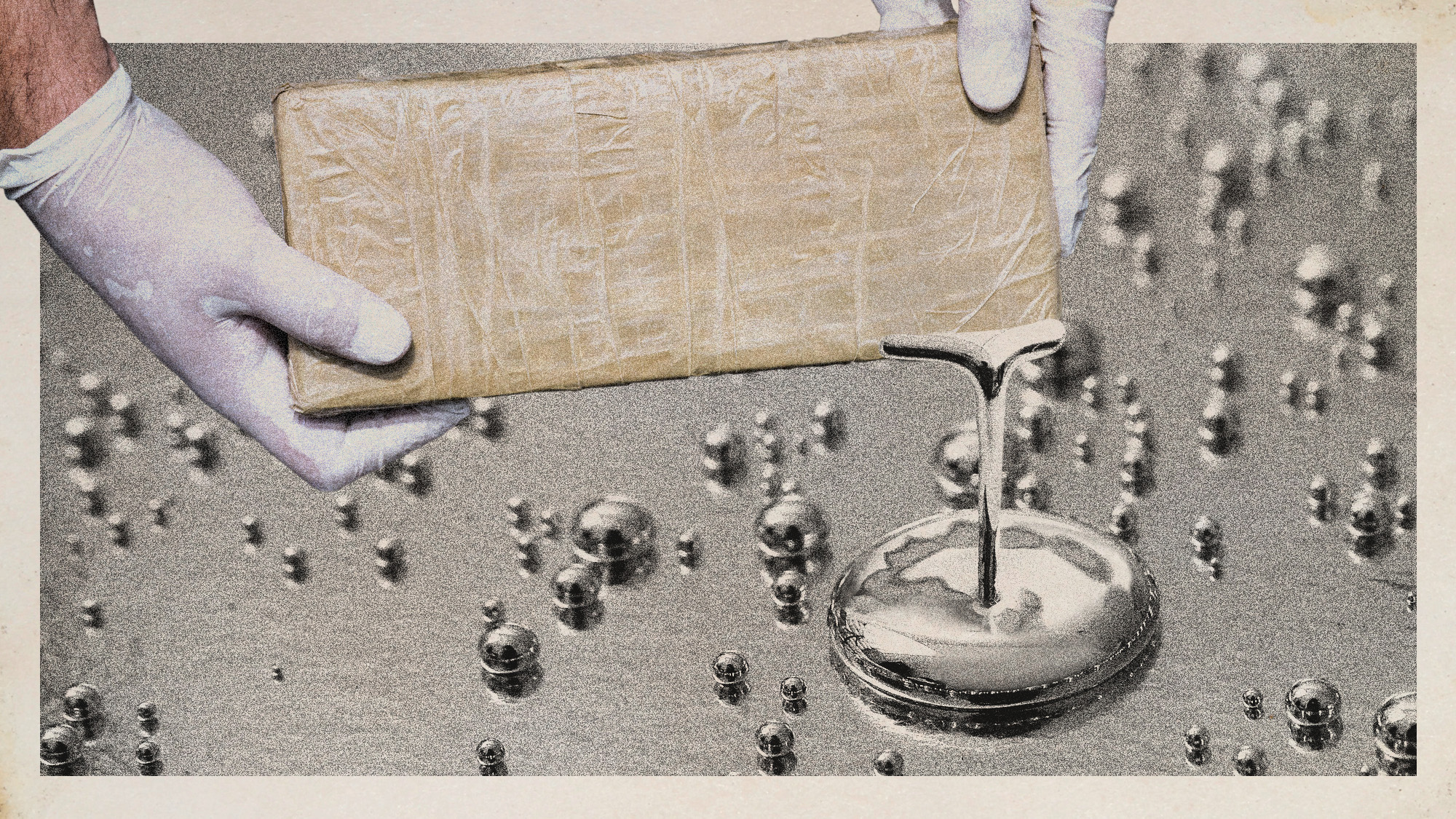 Illicit mercury is poisoning the Amazon
Illicit mercury is poisoning the AmazonUnder the Radar 'Essential' to illegal gold mining, toxic mercury is being trafficked across Latin America, 'fuelling violence' and 'environmental devastation'
-
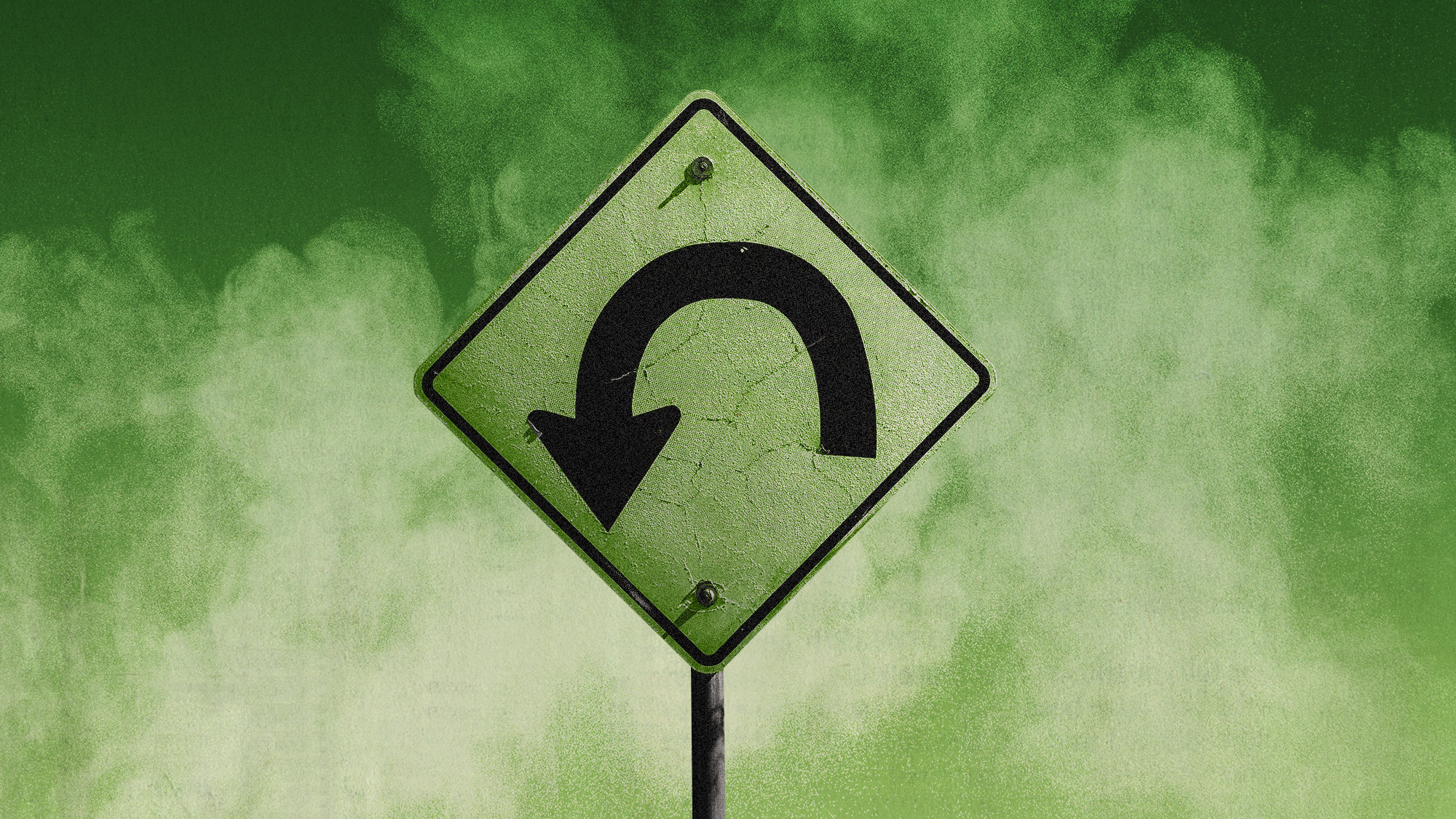 Thailand is rolling back on its legal cannabis empire
Thailand is rolling back on its legal cannabis empireUnder the Radar Government restricts cannabis use to medical purposes only and threatens to re-criminalise altogether, sparking fears for the $1 billion industry
-
 Insects and sewer water: the alleged conditions at 'Alligator Alcatraz'
Insects and sewer water: the alleged conditions at 'Alligator Alcatraz'The Explainer Hundreds of immigrants with no criminal charges in the United States are being held at the Florida facility
-
 Narco subs are helping to fuel a global cocaine surge
Narco subs are helping to fuel a global cocaine surgeThe Explainer Drug smugglers are increasingly relying on underwater travel to hide from law enforcement
-
 Alcatraz: America's most infamous prison
Alcatraz: America's most infamous prisonThe Explainer Donald Trump wants to re-open notorious 'escape-proof' jail for 'most ruthless and violent prisoners' in the US
-
 Mexico extradites 29 cartel figures amid US tariff threat
Mexico extradites 29 cartel figures amid US tariff threatSpeed Read The extradited suspects include Rafael Caro Quintero, long sought after killing a US narcotics agent
-
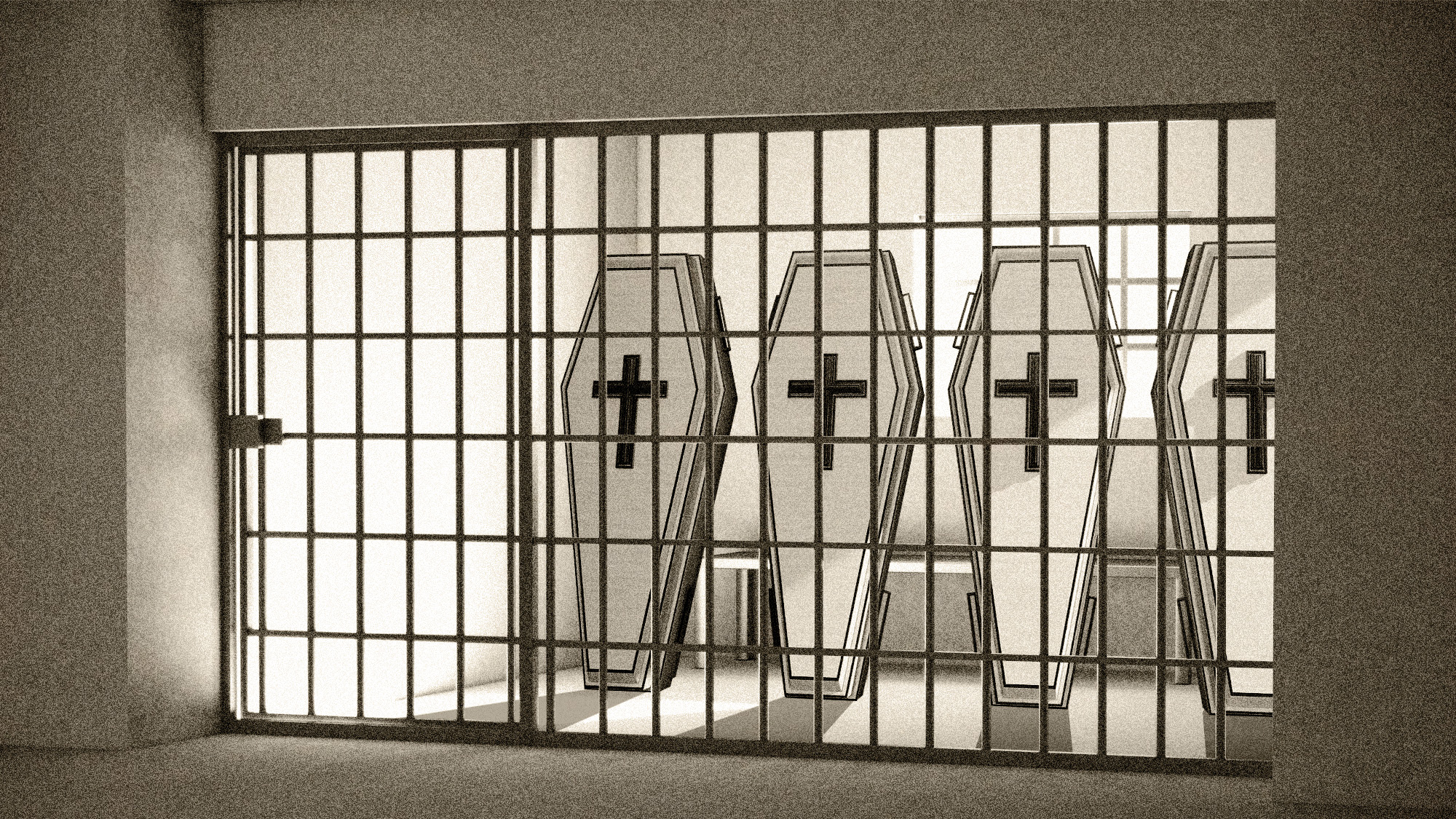 Italy's prisons crisis
Italy's prisons crisisUnder the Radar Severe overcrowding, dire conditions and appalling violence have brought the Italian carceral system to boiling point